The Ho Chi Minh City Institute for Development Studies has basically completed the draft project, expected to be signed and submitted to the Ho Chi Minh City People's Committee on July 18. From now until the end of 2027, 80% of technology car drivers will be converted from gasoline cars to electric cars, the remaining 20% will be completed in 2028. By 2029, it is recommended to completely ban 2-wheel gasoline cars in technology traffic services.
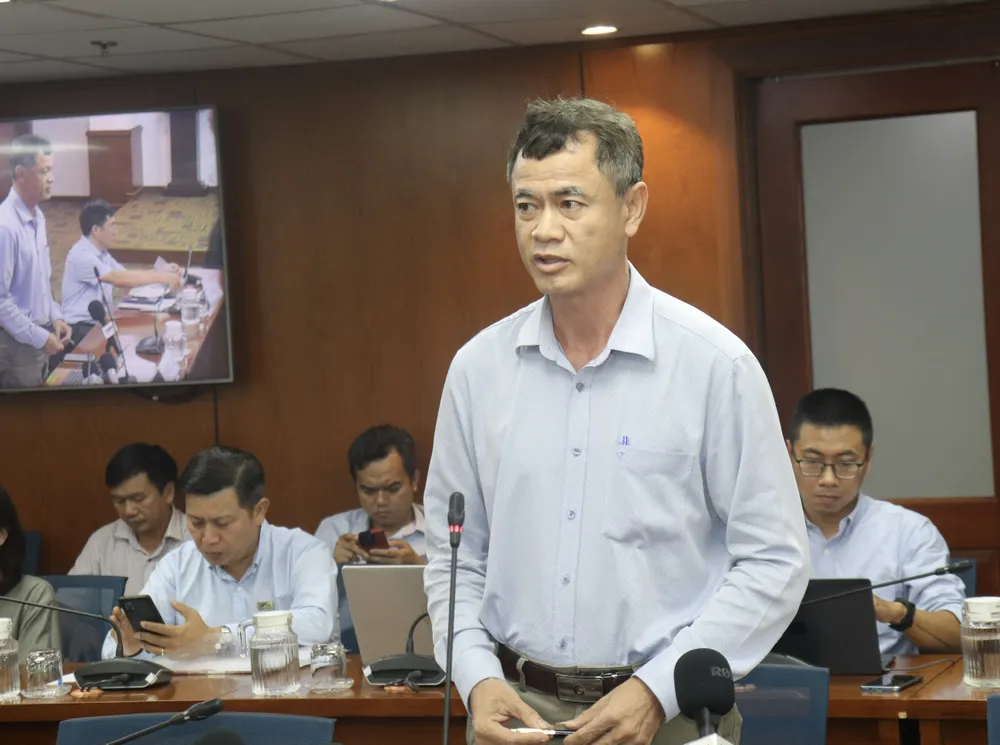
Mr. Le Thanh Hai said that the Ho Chi Minh City Institute for Development Studies has proposed a number of policies to encourage drivers to switch from gasoline vehicles to electric vehicles, such as exempting registration fees for newly registered electric vehicles for the first time for 2 years, exempting VAT for technology vehicle drivers for 2 years, etc. The project also proposes solutions to upgrade charging station infrastructure. Ho Chi Minh City is working with relevant units to grasp the electricity capacity when implementing the conversion policy.
According to Mr. Le Thanh Hai, in the next 3 years, preparations must be made to ensure electricity capacity if all 400,000 vehicles are converted.
Regarding the conversion roadmap, the Ho Chi Minh City Institute for Development Studies has proposed many incentive phases. In the first 2 years, electric vehicles will be heavily discounted, but in the following years, there must be stronger policies such as banning 2-wheel gasoline vehicles from participating in transportation services. This requires prior information to technology transport companies and drivers to have a plan and roadmap for conversion.
The project also proposes the State budget to support the disadvantaged to convert to electric vehicles with about 10,000 vehicles. Drivers can be supported with 8 million VND/vehicle initially to convert their vehicles.
Regarding the issue of fire and explosion, Mr. Le Thanh Hai informed that through research and working with electric vehicle suppliers, the chargers of electric vehicles meet the requirements. Fires and explosions occur in power transmission lines and in electrical plugs in some private boarding houses that are not guaranteed.
Therefore, the project recommends that the People's Committees of wards, communes, and special zones coordinate with fire prevention and fighting forces to inspect and review power transmission lines in private boarding houses to ensure electric vehicle charging and household electricity.
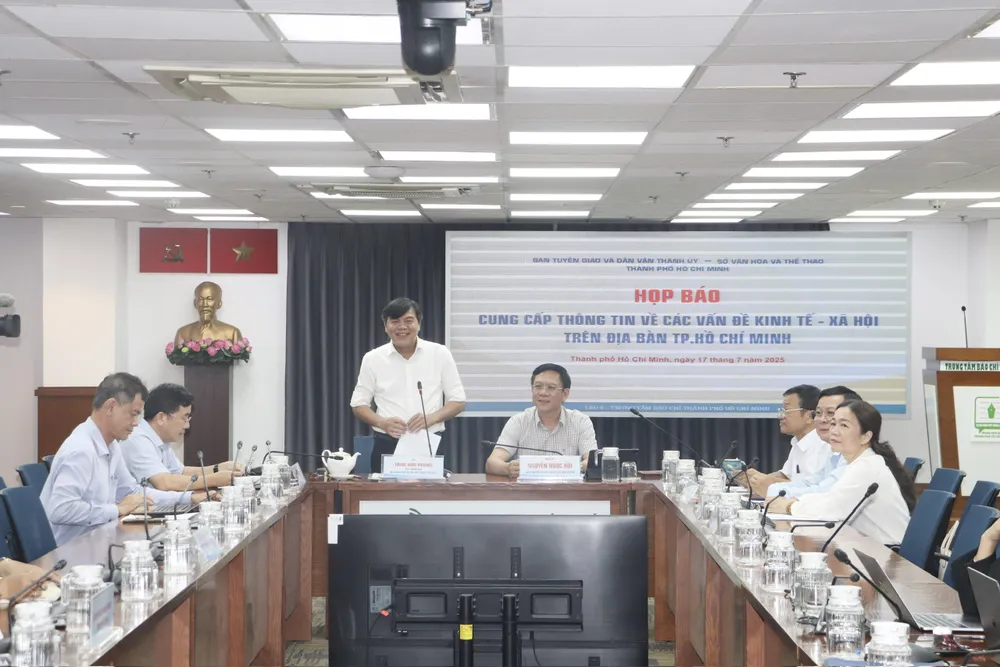
Regarding the issue of handling converted gasoline vehicles, Mr. Le Thanh Hai said that the Institute had anticipated this problem and needed to classify them according to the level of depreciation.
For old and dilapidated vehicles, emission inspection will incur high costs, and frequent repairs and inspections are not beneficial, so consider converting their functions or selling them as scrap. As for gasoline vehicles that can still be used, while in Ho Chi Minh City and Hanoi, emission inspection is quite strict, in some other localities, inspection regulations are not strictly applied. Therefore, these vehicles will tend to "drift" to those localities.
Pushing emissions from urban areas to rural areas is not good, but in reality, it needs to be recognized that in large cities, the density of vehicles is too high, causing emissions to exceed the threshold that the human body can absorb, seriously affecting public health.
With vehicles being newly manufactured recently, it is expected that sales will be difficult because the market is leaning towards electric vehicles. Gasoline prices have dropped sharply, causing manufacturers to gradually stop operating. Some electric vehicle companies are implementing “trade-in” programs, providing financial support for drivers to switch. This is also a way out for drivers when they are forced to switch vehicles to continue their work.
Source: https://www.sggp.org.vn/xay-dung-chinh-sach-cam-xe-xang-2-banh-tham-gia-dich-vu-van-tai-post804211.html


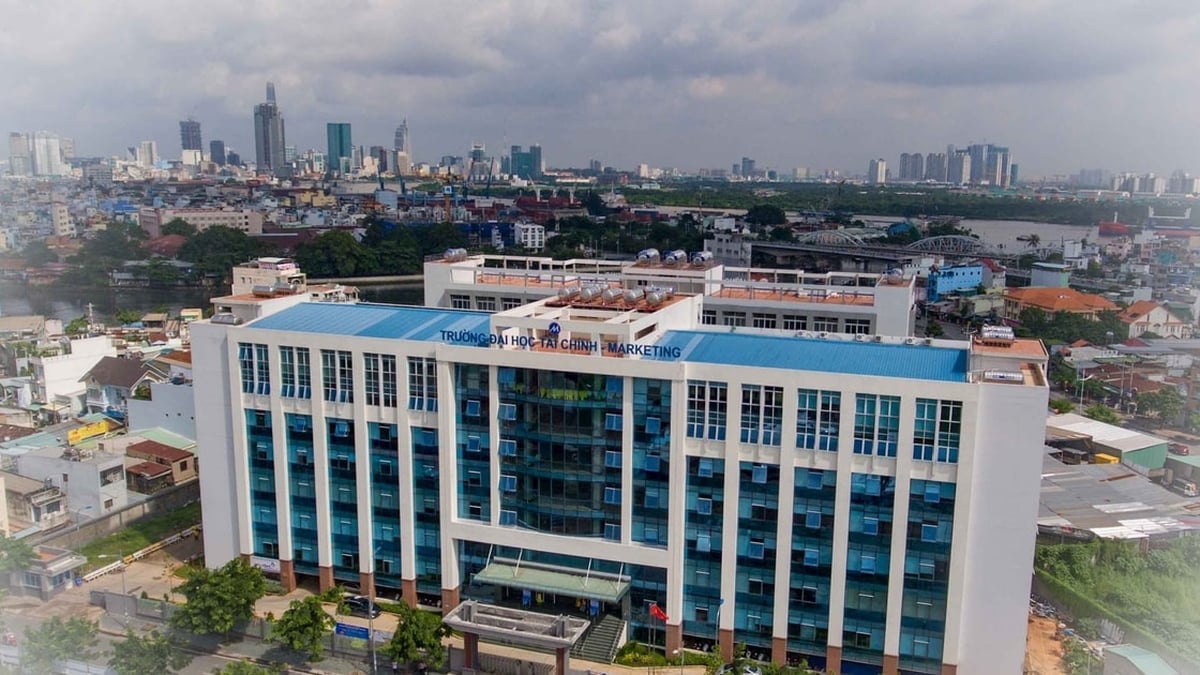
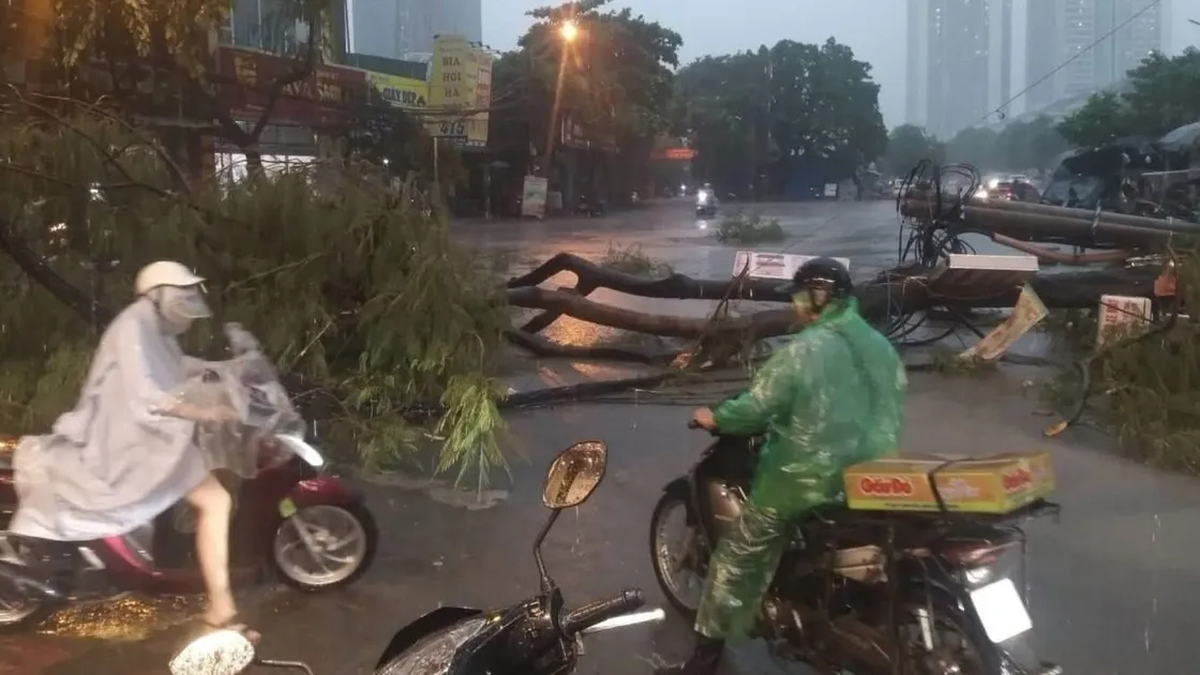

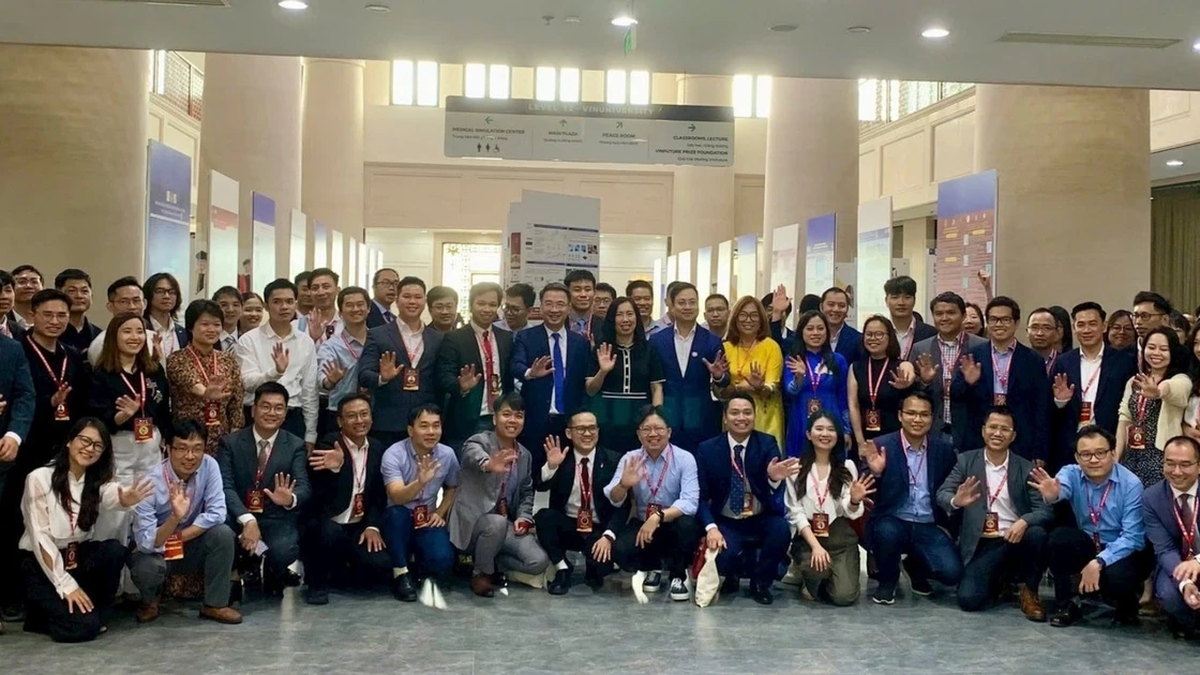


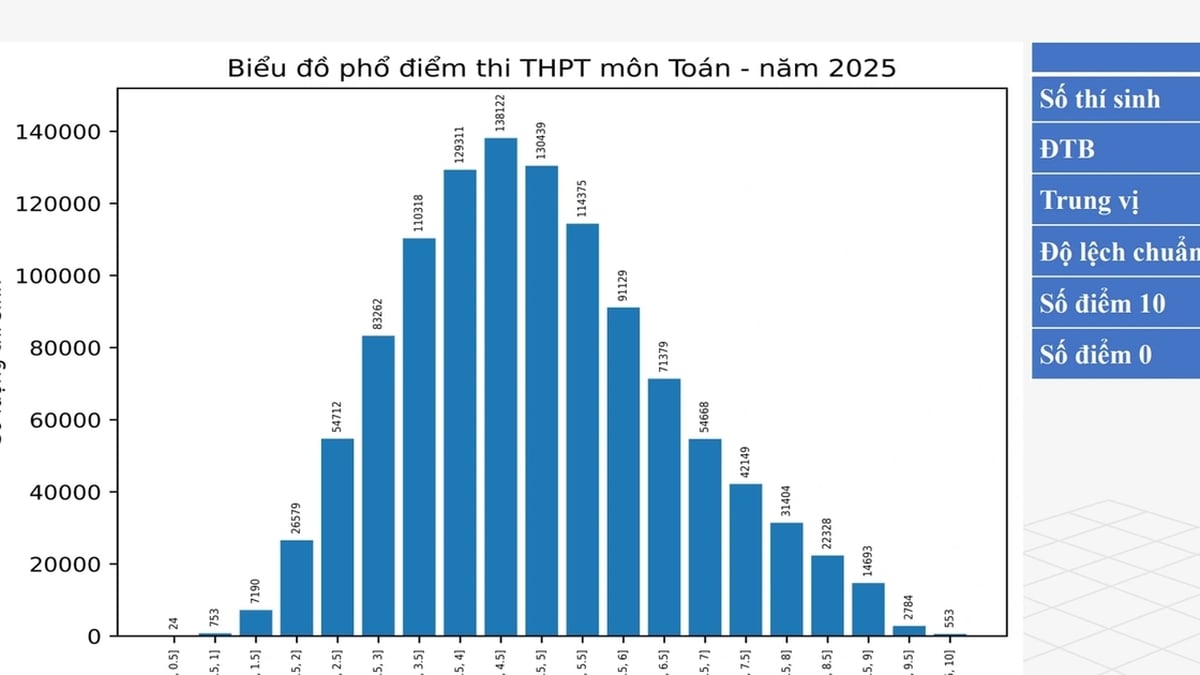

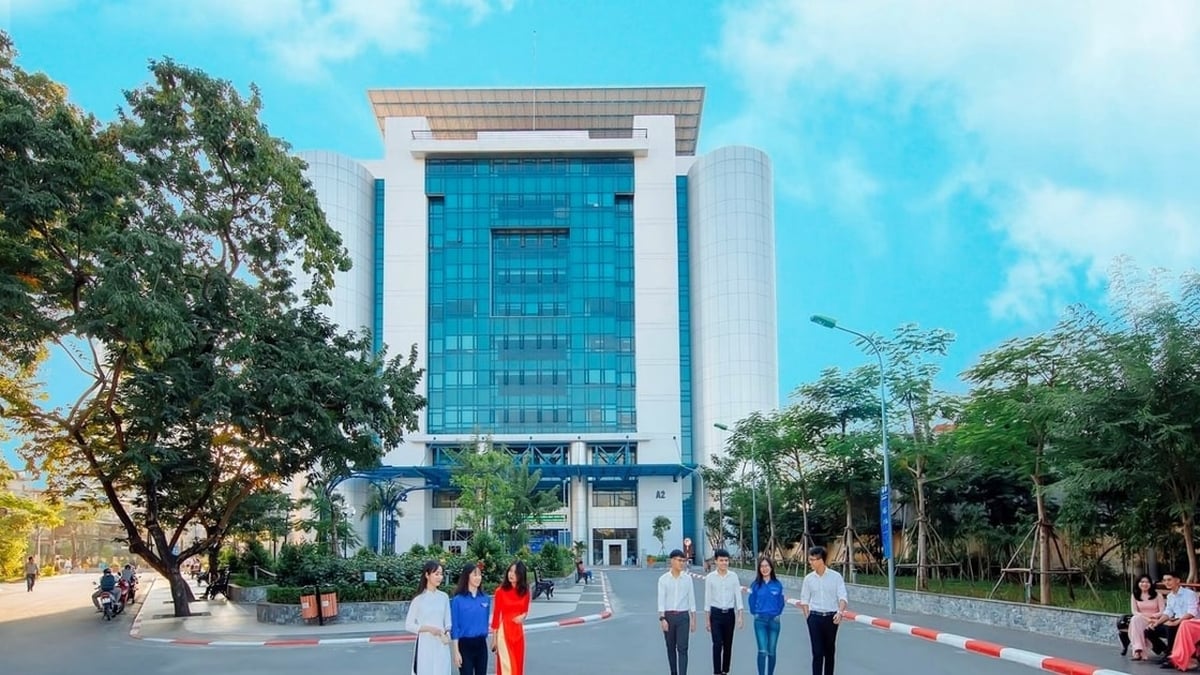






















































































Comment (0)